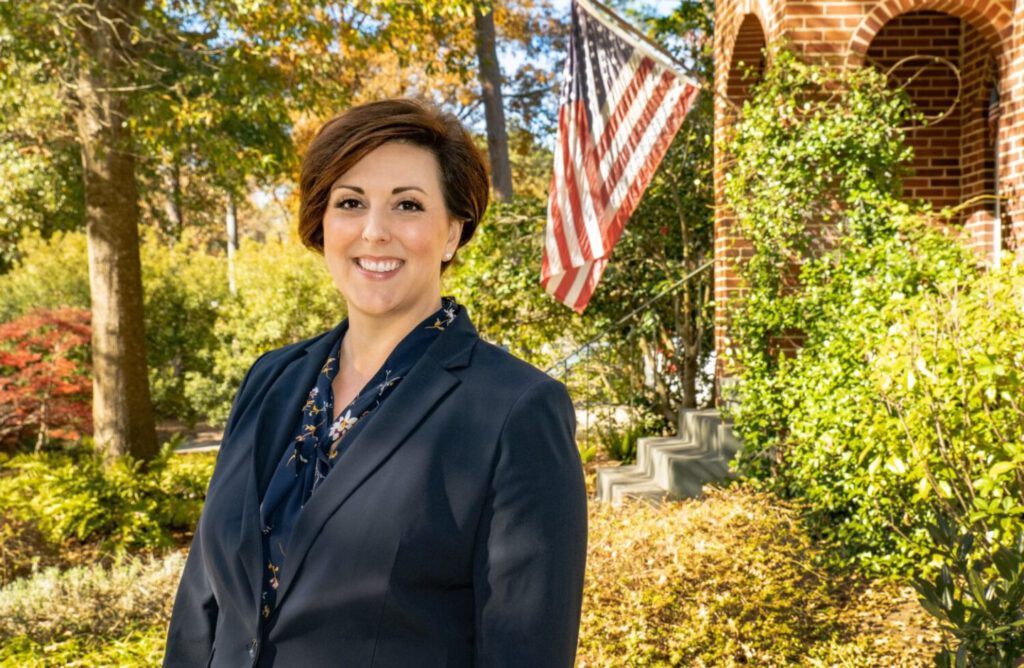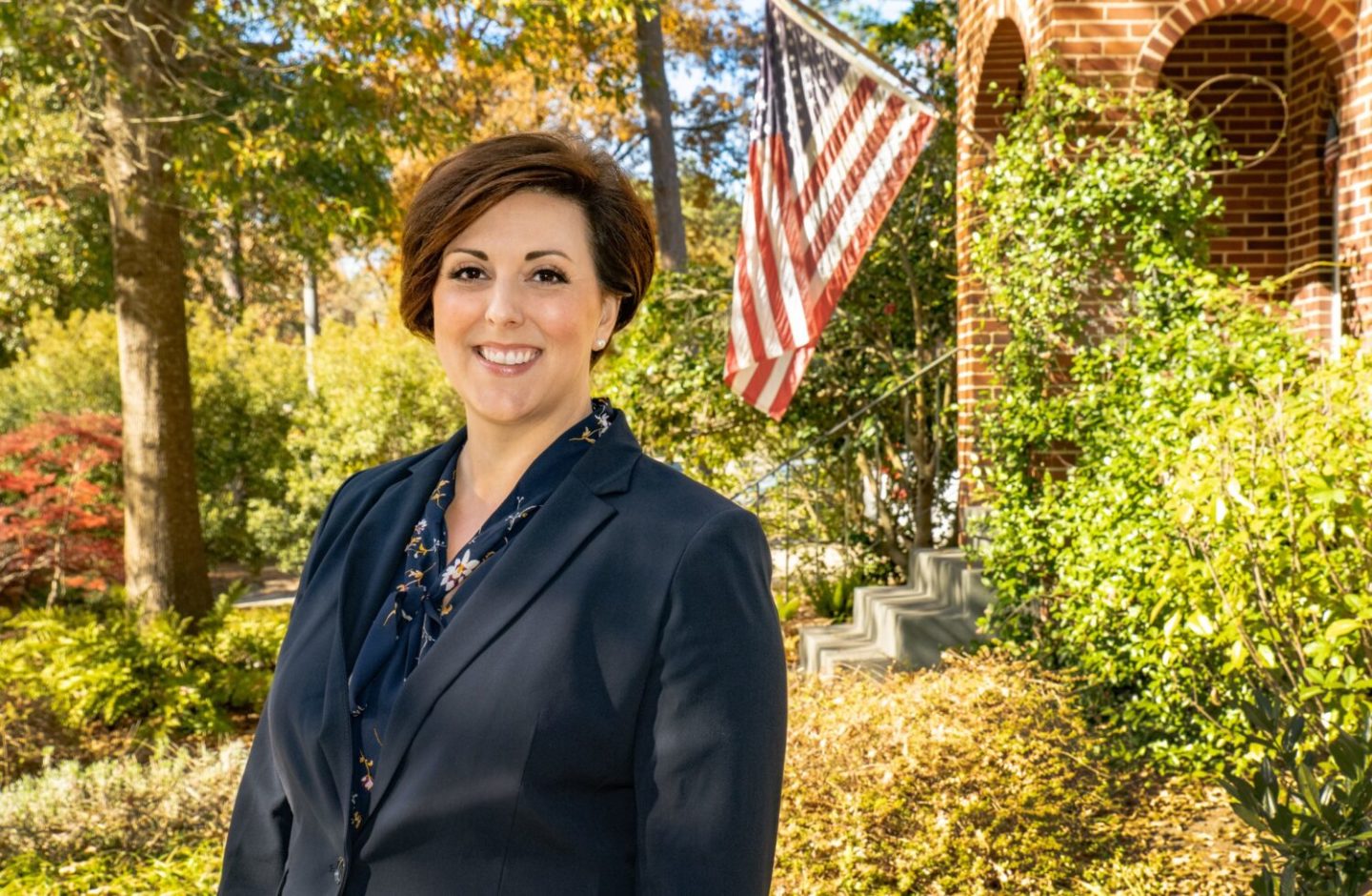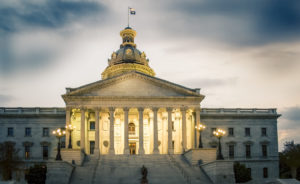Record-breaking fundraising highlights importance of parents in 2022 elections
With the primary election still five months away, a Republican candidate for South Carolina Superintendent of Education is already smashing fundraising records. In the first six weeks of her…

With the primary election still five months away, a Republican candidate for South Carolina Superintendent of Education is already smashing fundraising records. In the first six weeks of her campaign, Ellen Weaver has raised more than $125,000. That’s the most any candidate for this role has raked in at this stage of the election.

Ellen Weaver, running for S.C. Superintendent of Education (via Facebook).
It’s the latest evidence of the important role education is likely to play in the 2022 midterm elections across the nation.
A new special interest group
When schools shut their doors in March 2020, an invisible yet monumental shift began to take place. Remote learning led parents to become more involved in their children’s schooling. In essence, COVID shined a spotlight on the current state of America’s public schools, and many parents realized they didn’t like what they were seeing.
For example:
- Equity and inclusion policies and exercises, such as children being separated by race and labeled “oppressor” or “oppressed”. These efforts, which began before 2020, were accelerated after racial riots erupted over the summer, as well as the education inequalities exposed by the pandemic.
- Books in school libraries featuring pedophilia and sexually explicit cartoons.
- Transgender school policies that some parents say endanger their daughters and undermine the achievements of girls playing sports.
- Ongoing battles with teachers’ unions over returning to in-person learning. This is despite the billions of dollars of COVID relief funds infused into school districts, to be used for cleaning, sanitizing, and other safety precautions.
School choice has also become a primary concern for these unhappy parents. Simply put, they want the opportunity to send their children elsewhere, whether through charter schools, magnet schools, or private school vouchers. And lawmakers are listening. In 2021 alone, 22 states expanded or enacted school choice programs.
The message? Parents of school-aged children are the newest special interest group that must be courted by politicians. And these parents, many of whom had never attended a school board meeting until recently, are realizing the importance of electing officials whose views on education align with their own.
This past November, concerned parents helped catapult Republican Glenn Youngkin to an upset victory in the Virginia gubernatorial election – the same state that Biden won by 10 points just one year earlier. Youngkin gained an edge in the polls when his Democratic opponent, Terry McAuliffe, stated, “I don’t think parents should be telling schools what they should teach.” Youngkin staunchly, and loudly, disagreed.
“This election has demonstrated that education is a salient political issue, and one that is likely to persist for the foreseeable future,” said Nicole Neily, a Virginia mother and President of Parents Defending Education. She added, “If politicians ignore it – or denigrate voters and parents – they do so at their own peril.”
“Parents are their children’s first teacher”
In South Carolina, Weaver’s record-breaking fundraising further underscores the power parents hold. Thanking grassroots supporters on her facebook page, Weaver stated that “a majority of the contributions were $250 or less.”
Her subsequent posts echo the hot button issues parents are talking about. A strong advocate for school choice and parental rights, she wrote, “Parents are their children’s first teacher. Their rights must be defended and their participation welcomed and encouraged as full partners in their child’s education.” She has also applied these parental rights to COVID-related policies. Her campaign has advocated for in-person learning, against universal mask mandates, and that “parents alone should have the decision-making authority on COVID vaccines for their kids.” Weaver has also vowed to streamline the state’s education finances and bureaucracy.
A former aide to U.S. Senator Jim DeMint, the 42 year-old Greenville native currently chairs the South Carolina Education Oversight Committee and leads the Palmetto Promise Institute, a conservative think tank she co-founded with DeMint.



